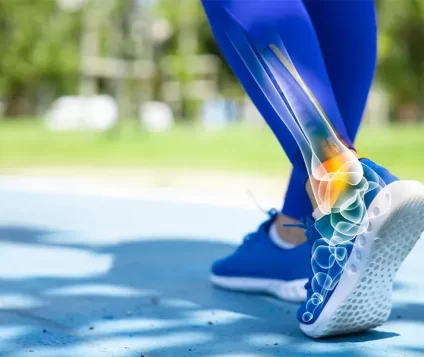How to Manage and Treat Hypothyroidism

The thyroid is a small gland at the back of your neck that is shaped like a butterfly. It is responsible for all metabolic functions in the body, for growth and development, and repair. It produces a hormone which regulates all these functions. Sometimes, the body doesn’t produce enough so you have an underactive thyroid, sometimes it produces too much and you have an overactive thyroid. Either way this is detrimental to a person’s health.
Medicine that boosts or suppresses the level of hormones in your bloodstream is the easiest and most common way of treating hypothyroidism. It is by no means a cure, but it does keep the condition under control for the rest of your life. The medication used most frequently can be found here: internationalpharmacy.com/products/cytomel-tabs-liothyronine. Finding the right dose is the first step towards recovery, this can depend on a number of factors. Your doctor will need to take into consideration your age, general health, your specific thyroid hormone levels and your weight. If you are older or have heart disease, it’s likely that you will start on a smaller dose that your doctor will slowly increase until you start to feel its effect. After around six weeks your doctor will request a blood test to double-check your thyroid hormone levels which will then determine whether or not the dosage will be adjusted. Once your doctor is satisfied by these levels you will only need to go once or twice a year as a safeguarding measure, just to check the levels are still where they should be.
When taking your medication there are some things that you can do to try and encourage its success. Firstly, stick with the same brand – even different types of hormone medicine can have slightly different levels even if the dosage is the same. This could throw off your routine and harm your recovery. It is also imperative to take your medication at the same time every day. Either an hour or two before food or at bedtime. Do not take too close to eating, as food can affect the way your body processes it. Lastly do not skip doses, if you forget to take it, take one as soon as you remember or in the last resort you can take two pills in one day. Always follow your doctor’s advice.
You should start to feel better within a few days, but it can take up to a couple of months for your thyroid levels to plateau into an acceptable level. If your level do settle within the normal range but you still suffer from symptoms like fatigue or weight gain you should consult your doctor as the course of treatment may need changing. There can also be side effects from medication, such as a fast heartbeat, nervousness, anxiety, and sweating – if you experience these you should bring this to your doctors’ attention.



















